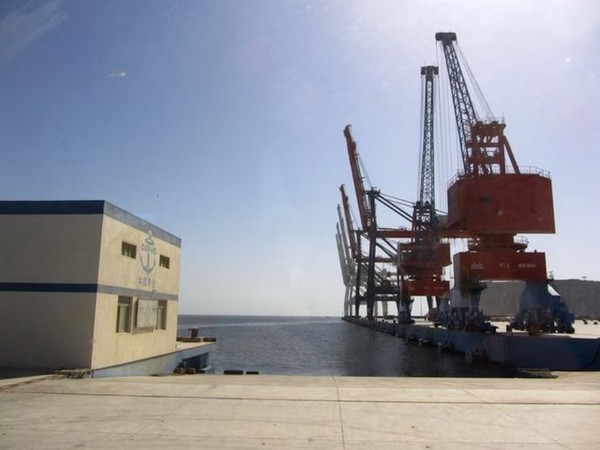US-Pakistan Mining Deal Sparks Controversy and Raises Geopolitical Tensions in Balochistan
The new US-Pakistan mining agreement risks exacerbating tensions in Balochistan, already a hotspot of violence and human rights issues. The strategic focus on the region's mineral wealth is seen more as a geopolitical play against China than a development effort, potentially fuelling further conflict and repression.

- Country:
- Pakistan
The recently inked mining and minerals deal between the United States and Pakistan is raising alarms among experts who caution it will escalate tensions in Balochistan. This region has long been plagued by violence, military occupation, and human rights abuses, and the current agreement is poised to aggravate these issues.
The United States is strategically interested in Balochistan more as a counterbalance to China's influence rather than for development or diplomatic purposes, as noted by The Diplomat. With vast reserves of copper, gold, and lithium critical for modern warfare and technology, Balochistan has become a focal point for Washington as it battles Beijing for control over global supply chains.
Past large-scale projects in the region, such as CPEC and Reko Diq, have not benefited local populations but have led to displacement and environmental harm. Concerns are mounting that the US-Pakistan venture will mirror these outcomes, offering little advantage to the Baloch while serving larger geopolitical objectives. The potential environmental and social impacts stand to transform mining sites into contentious arenas, echoing the region's tumultuous history.
(With inputs from agencies.)










